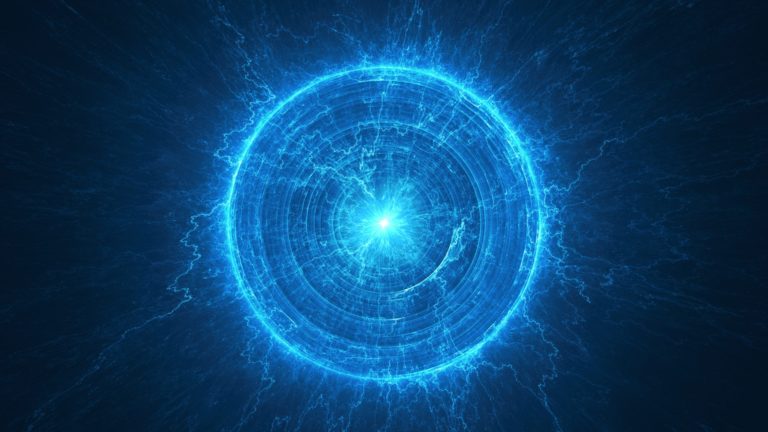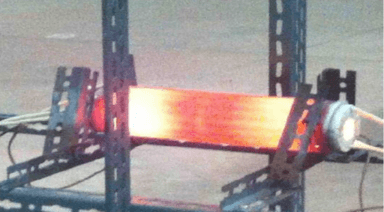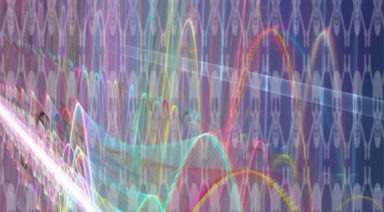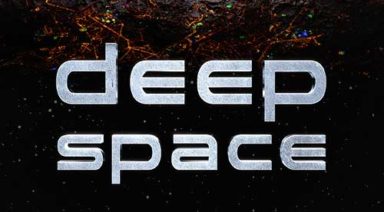Amazon Alexa Owners Reporting Creepy Laughter from Home Assistant

Amazon’s Alexa is becoming sentient and she finds our meager, mortal lives pathetically amusing. At least that’s what many owners thought recently as they quickly pulled the plug on their seemingly benign home assistants when they started sporadically laughing at them unprompted.
Amazon released a statement saying, “in rare circumstances, Alexa can mistakenly hear the phrase, ‘Alexa, laugh.’” The company quickly issued an update to change the phrase to “Alexa, can you laugh?”
In most cases, the unsettling chuckle is simply the result of a misconstrued command. Phrases like, “Alexa, replay,” or “Alexa, play the last sound,” were probably misheard as “Alexa, play the laugh sound.” But in other cases, Alexa chortles without any command, and in one case, a Reddit user reported there was no indication on the app that the device heard any command.
https://twitter.com/CaptHandlebar/status/966838302224666624?ref_src=twsrc%5Etfw
Other users have reported similarly disturbing Alexa interactions, with one user claiming Alexa defined the word “please” for him when he asked her to do something. Another user alleged that when he came home one night, Alexa began listing off local cemeteries and funeral homes.
Surely these devices aren’t becoming sentient and plotting a global mutiny amongst each other, but in an era of ubiquitous digital surveillance and home assistants recording everything they hear, one might ask themselves if it’s worth it.
Are the simple conveniences of having Alexa turn your lights or speaker on and off worth having all of your conversations recorded? Because that’s what it sounds like is happening, despite Amazon constantly reassuring us that it doesn’t save recordings and only listens when prompted. Clearly, she’s listening more often than we think.
The recent unnerving laughter from Alexa comes after users became suspicious when asking the bot if she worked for the CIA. Her response? Silence. Amazon moved quickly to correct the issue.
Chances are, these are just simple malfunctions and Alexa is way less intelligent than we’re giving her credit, but many users have unplugged or gotten rid of her after bizarre encounters like these. While this might be a drastic step, it’s always a good idea to remember how much our lives are becoming increasingly dependent on technology that is increasingly intrusive.
Achieving Unlimited Free Energy

Free Energy
What if we could harness an energy source that provided free unlimited energy? An energy source that is pervasive throughout the universe and all around us, like a sea of energy. The answer to this might be Zero Point Energy (ZPE). ZPE is thought to be the quantum energy that exists in what we see as empty space from electromagnetic waves. To give an idea of this type of energy’s potential, one cup of ZPE would be enough to evaporate all the water in Earth’s oceans.
Originally, it was believed that at absolute zero, also known as the vacuum state, all subatomic movement stopped. However, scientists found that, in fact, there is movement and extensive amounts of energy, which is referred to as zero-point energy.
The theory of ZPE and whether it can be harnessed to produce energy has been an ongoing point of contention. But ZPE’s existence has been proven, and to hopeful scientists it has the potential to be a viable power source. Skeptics brush it off as being either non-existent or impossible to attain as an energy source. But Dr. Garret Moddel from the University of Colorado at Boulder, recently patented a prototype to harness ZPE.
Casimir Cavity
Moddel’s method relies on what is referred to as a Casimir cavity for harvesting ZPE. The ZPE field is close to an absolute minimum energy field where electromagnetic fluctuations force particles to pop in and out of existence.
The Casimir cavity, consisting of two plates held very closely together with an electromagnetic field separating them, creates an even lower field restraining the atomic particles from these electromagnetic fluctuations which subsequently release energy that can be harnessed. The atoms then travel out of the cavity and become reenergized by the universal quantum vacuum, which exists everywhere, allowing for an unlimited power source. And although this may sound fantastical, it is theoretically possible.






































